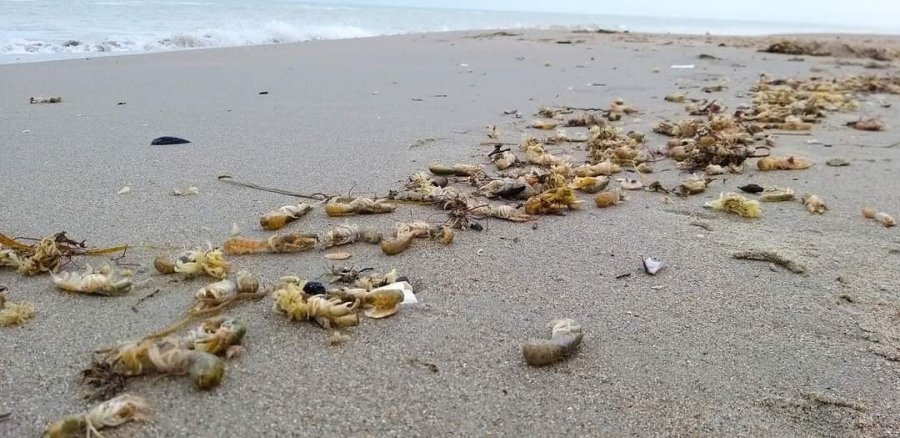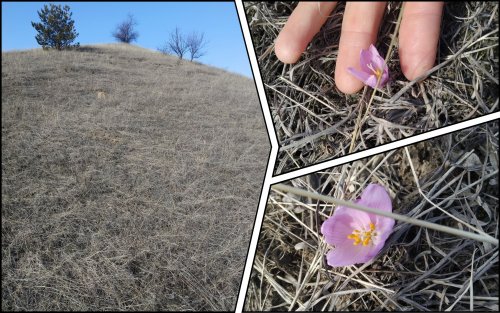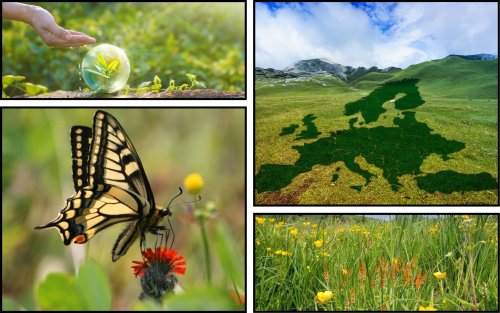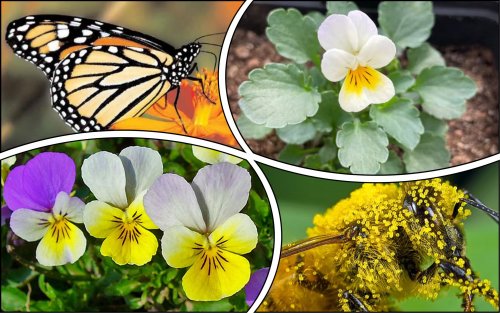More than 100,000 sea moles (rare crustaceans) were washed up by the Black Sea on the coast of the Tuzliv Estuaries National Nature Park in Odesa.
Until 2021, sea moles were included in the Red Book of Ukraine, but they were excluded from the list for unknown reasons, Ivan Rusev, an ecologist of the Tuzlivski Lymany National Park, reports on Facebook.
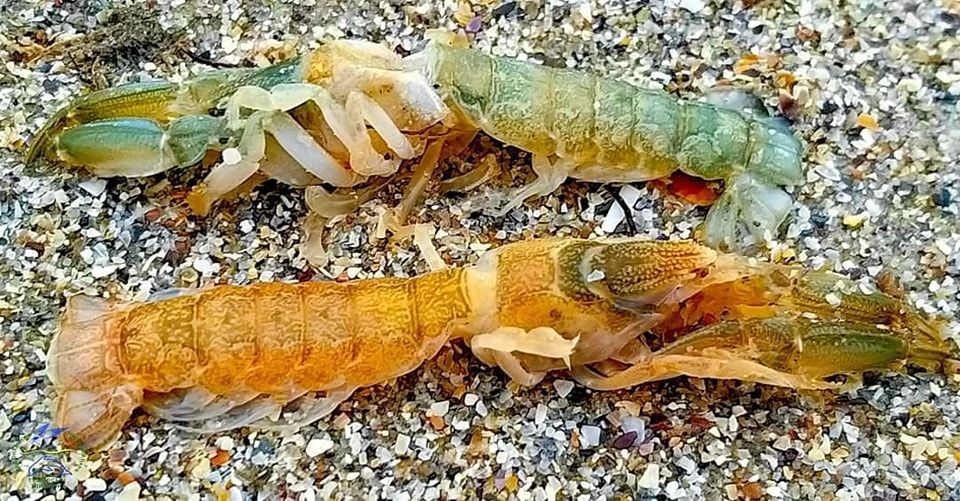
He said that these animals live on the bottom at a depth of 0.5 to 15 meters. Sea moles dig U-shaped burrows up to 80 cm long, in which they live. They feed on small benthic organisms and biological dust - detritus.
Rusev noted that sea moles leave their burrows at night in search of food, which can cause them to be washed ashore during a storm. A powerful storm just happened in Odesa the day before.
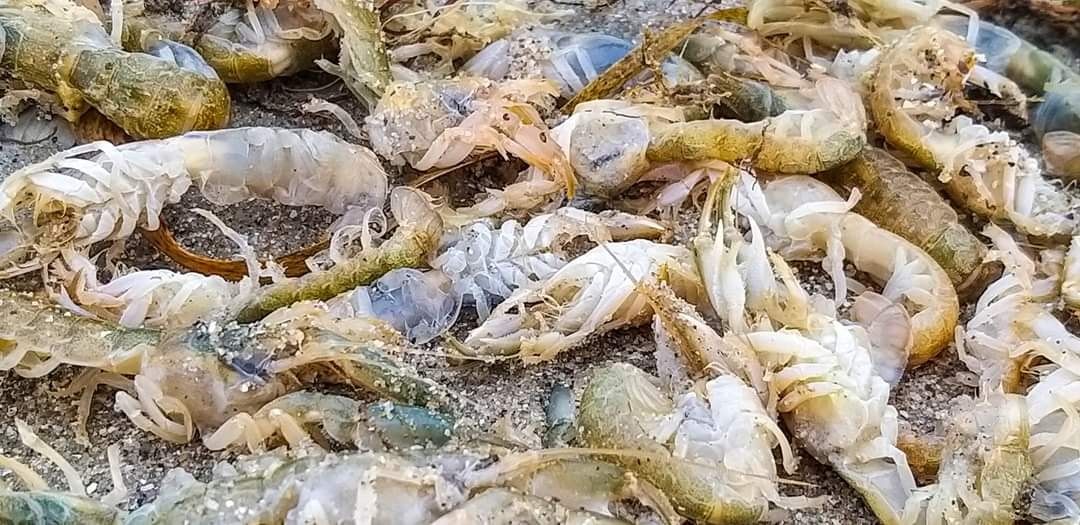
The ecologist said that the sea moles thrown onto the coast become food for many animals, including sea urchins, jackals, etc.
"Only on 1 km of the beach, the conservationists counted about 40 large pendants that were feeding on sea moles," he wrote.
As EcoPolitic reported earlier, in Odesa, in the waters of the Black Sea near the national natural park "Tuzlivski lymani", scientists and local residents noticed dolphins that were forced stayed for the winter through the war

